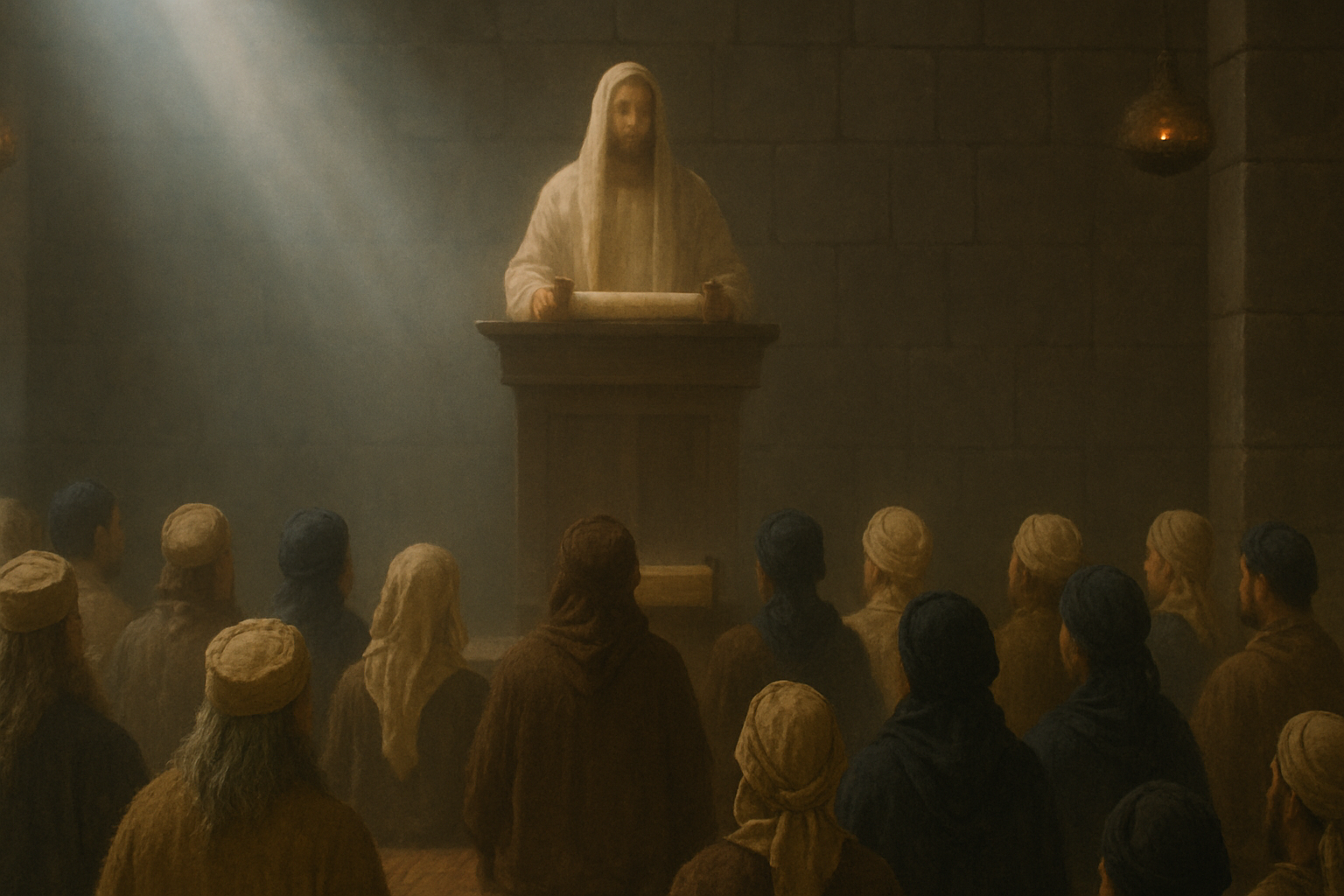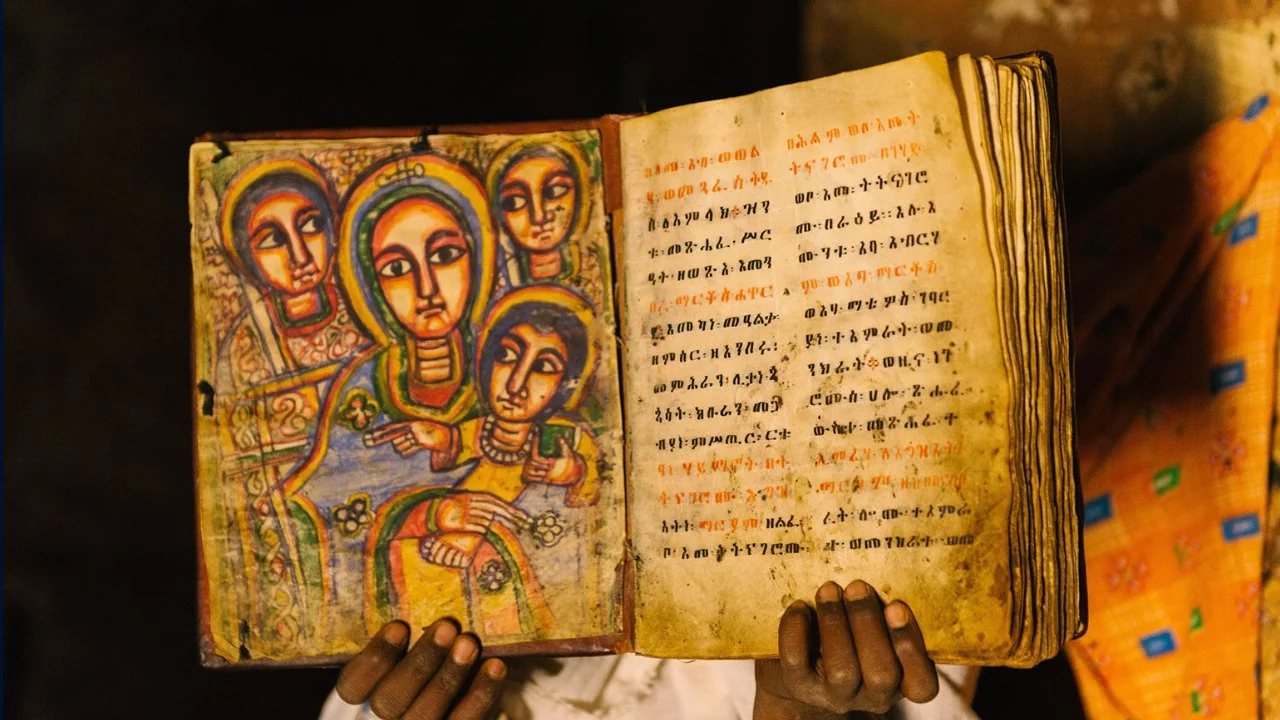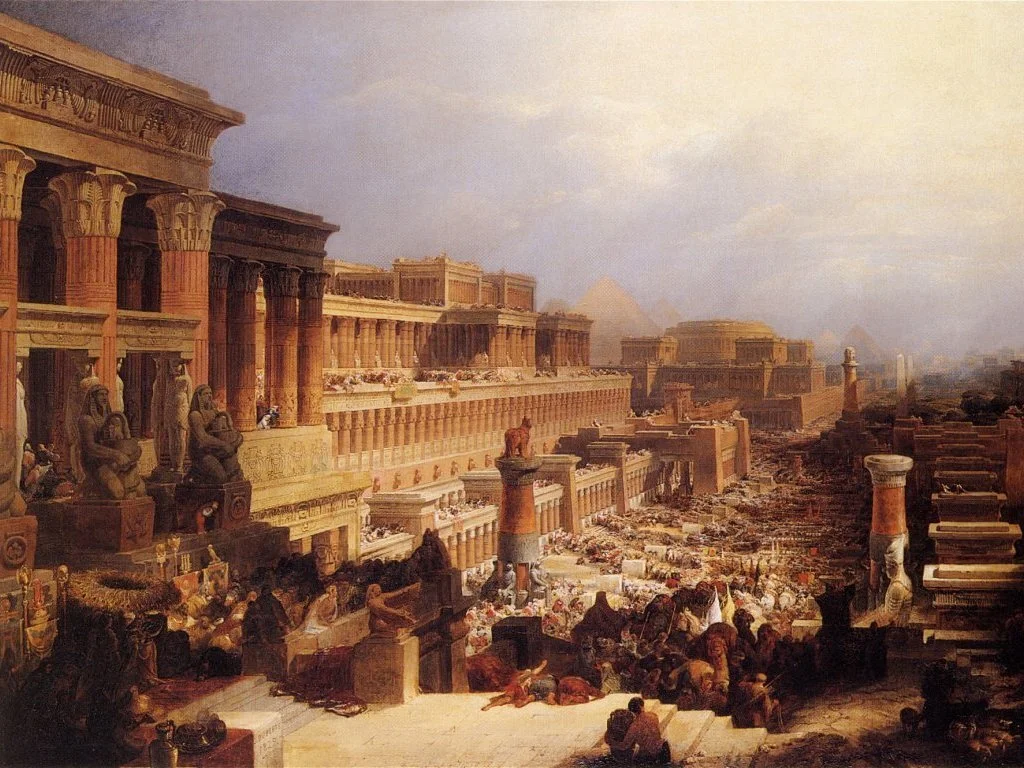Author: David Wilber
From the very beginning we see that God’s divine purpose for man includes being in community. Indeed, it was God Himself who said, “It is not good that man should be alone” (Genesis 2:18). God declared everything else in creation tov—good—but He apparently thought it was a problem that Adam didn’t have any fellowship. So, what did He do? He established the very first community of believers by creating Chavah (Eve), thus showing that His divine will for man is perfected in the fellowship and unity of His people.
Why is community so important to God? Well, for one thing, John says we cannot love God if we do not love our brothers and sisters in the faith (1 John 4:20). How can we truly love our brothers and sisters if we aren’t in fellowship with any of them? Furthermore, biblical community is the means by which God fulfills His will on earth. When we become disciples of Yeshua (Jesus), we become part of the body of Messiah. All members need to be available and working for the body to fulfill its role (1 Corinthians 12:14-27). There’s simply no biblical framework for living a life isolated from other believers. In fact, the Bible explicitly discourages it:
Whoever isolates himself seeks his own desire; he breaks out against all sound judgment.(Proverbs 18:1)
And let us consider how to stir up one another to love and good works, not neglecting to meet together, as is the habit of some, but encouraging one another, and all the more as you see the Day drawing near. (Hebrews 10:24-25)
Generally believers agree with the need for fellowship, so the problem isn’t really a lack of God-given desire for community. The problem is that many believers don’t know how to maintain unity when they find fellowship. Indeed, just like it was in the first century, there are quarrels, fights, and disunity among us (James 4). This is deeply alarming. Why? Because Yeshua said that the world would know the Father sent Him when His followers are united (John 17:21). Therefore, disunity in the congregation is a detriment to the Gospel. We must find a solution.
With that said, the following is a list of 5 keys to having unity in the body. If you are part of a local body or you feel called to start one, these principles will help serve as a good foundation. I believe they are essential to the life of any congregation.
1) Humility
Humility is required to establish true, biblical unity. We know this because the antithesis of humility—pride—is the number one hindrance to unity. Pride is the very characteristic of the enemy that caused him to fall. It is the first of seven deadly sins that God hates. From pride come wicked and murderous intentions, lies, gossip, and ultimately "discord among brothers" (Proverbs 6:16-19). On the other side, Ephesians 4:2-3 says that those eager to maintain unity of the Spirit do so with humility, gentleness, and patience.
Everything starts with humility. We can’t even come to the Messiah in repentance if we aren’t humble enough to acknowledge that we need Him. God says that He gives grace to the humble, but He opposes the proud (1 Peter 5:5). In addition, the Bible says that being great in the Kingdom requires us to humble ourselves by serving others:
"But whoever would be great among you must be your servant, and whoever would be first among you must be your slave, even as the Son of Man came not to be served but to serve, and to give His life as a ransom for many." (Matthew 20:26-28)
Our Messiah Yeshua demonstrated this biblical characteristic in an amazing way when He washed the feet of His disciples (see John 13:1-17). In the first century, this task was reserved for the lowest of servants. When Yeshua performed this act of humility, He was showing us how we should serve one another:
"For I have given you an example, that you also should do just as I have done to you." (John 13:15)
Are you willing to humble yourself and serve others in your community?
2) Accountability
Accountability is the willingness to be honest and accept responsibility, and oftentimes it means admitting mistakes. For instance, the Bible says that we are to confess our sins to one another (James 5:16). We’re awfully good at making excuses and finding ways to avoid following this commandment. Some of us are so guarded because of past hurts. We don’t like to be vulnerable. But accountability is key to the unity of the congregation.
In fact, when God speaks, it is often through other people. If we aren’t willing to humble ourselves and trust others enough to be vulnerable with them, we shut the door to God bringing healing into our lives:
Therefore, confess your sins to one another and pray for one another, that you may be healed. The prayer of a righteous person has great power as it is working. (James 5:16)
We need to open ourselves up to the rest of the body and “submit to one another out of reverence for Christ” (Ephesians 5:21). In addition, we need to be willing to be the ones to hold others in our faith community accountable. That’s what community is for. Sometimes being confronted by other believers is uncomfortable or scary, especially when it’s in regard to sin. It’s also uncomfortable to be the one doing the confronting. But for the sake of the Kingdom, we need to get over our pride and fear in this area.
Brothers, if anyone is caught in any transgression, you who are spiritual should restore him in a spirit of gentleness. Keep watch on yourself, lest you too be tempted. Bear one another’s burdens, and so fulfill the law of Christ. (Galatians 6:1-2)
3) Generosity
The Bible tells us to meet the needs of our brothers and sisters (Deuteronomy 15:7-11). That may seem simple enough, but we need to remember that poverty is not only a physical condition. It’s possible for someone to be emotionally poor, too. Indeed, there are often people in the body who are depressed and in desperate need of encouragement. How generous are you? How much time do you invest in listening to those in your faith community? How often do you look for opportunities to speak into someone’s life? How much time per week do you spend serving others?
One gives freely, yet grows all the richer; another withholds what he should give, and only suffers want. Whoever brings blessing will be enriched, and one who waters will himself be watered. (Proverbs 11:24-25)
As believers, we need to be generous with our words, time, and finances. We need to always be on the lookout for ways to bless our brothers and sisters with regard to both their physical and emotional needs. Generosity is key to having a thriving community.
4) Tradition
Sadly, tradition has been given a bad rap by some believers. And it’s true that Yeshua explicitly condemns traditions that replace or otherwise go against God’s commandments. However, there are many beautiful and meaningful traditions that Yeshua Himself practiced and taught. With that said, I believe biblically permitted traditions are very important and essential to having unity.
The Jewish people are a wonderful example of the power of tradition. In addition to God’s amazing love and miraculous power, tradition is what helped the Jewish people stay united as a nation for thousands of years. In fact, the feast days of God (Leviticus 23)—His "traditions," if you will—are designed for the very purpose of bringing all Israel together several times a year. Is it possible that the disunity in the body that we see today is partly due to Christianity disconnecting from its Jewish roots and throwing out God’s "traditions"?
Traditions help us stay connected to our past. They remind us who we are. They give us common ground and something to share with each other. No doubt about it, tradition is key to unity in the body.
5) Yeshua
The most important key to unity within the body of Messiah is the Messiah Himself! When our focus as a community is on Yeshua rather than our own agendas, we all become conformed to His image and character. It is then when we can truly be on the same page in mind and spirit.
May the God of endurance and encouragement grant you to live in such harmony with one another, in accord with Messiah Yeshua, that together you may with one voice glorify the God and Father of our Lord Messiah Yeshua. (Romans 15:5-6)
Again, it is selfish ambition and pride that bring chaos and disorder (Philippians 2:3, James 3:16). Whenever I hear of a community of believers falling apart, I have found that it is usually due to pride and selfishness. There can be minor theological differences among believers in a community, but the Messiah must remain central for the community to survive and flourish. Yeshua said that a house built on sand cannot stand, but the house built on the rock will not fall when the rain and winds come (Matthew 7:24-27).
I hope this short list gave you something to think about and will serve to bless the body of Messiah. May the Father unite His people!
About David Wilber
David is first and foremost a passionate follower of Yeshua the Messiah. He is also a writer, speaker, and teacher.
David’s heart is to minister to God’s people by helping them rediscover the validity and blessing of God’s Torah and help prepare them to give an answer to anyone who asks about the hope within them (1 Peter 3:15)…
































